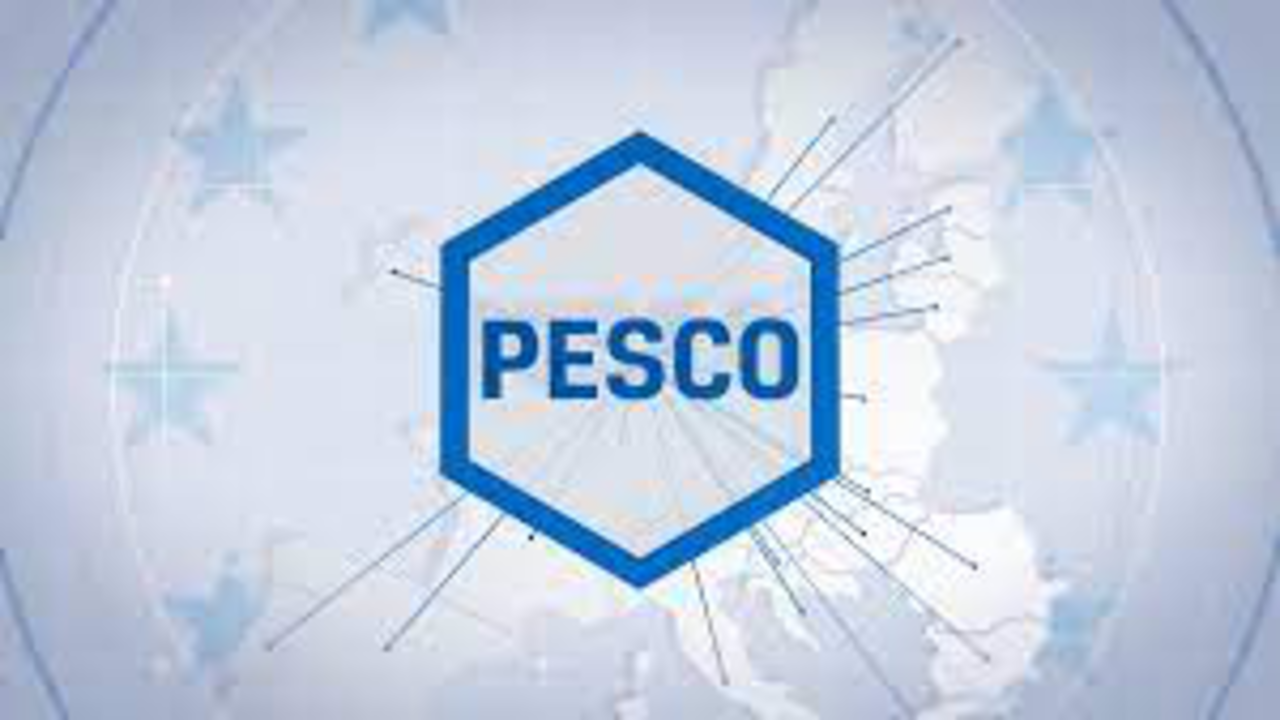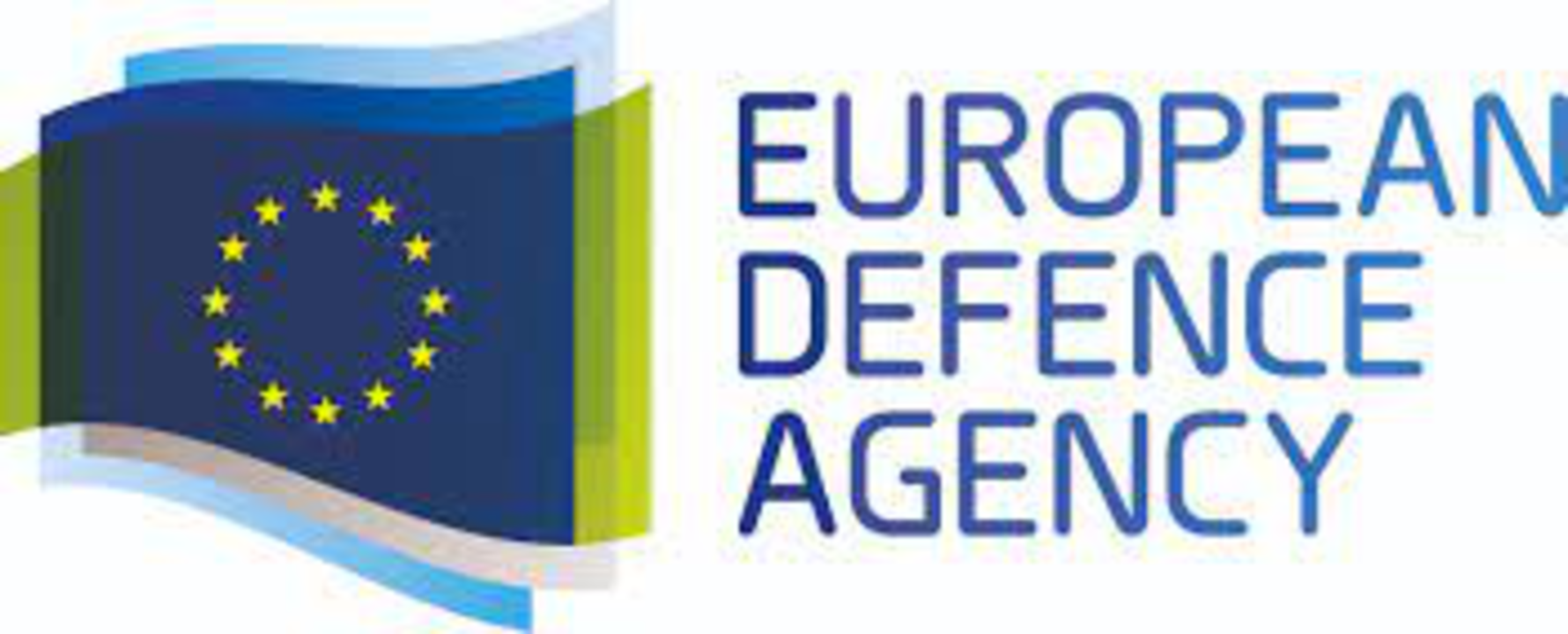Europe
Business Development International
Peter Huis in’t Veld
PIB|trade missions & exhibitions
Dossier
Europe
The European Commission and the Dutch government believe that Europe should be able to act more independently when a European security interest is at stake.
Therefore, we strive to make European armed forces work together more effectively. Europe acting more independently when it comes to military matters also contributes to NATO, which is the cornerstone of the security policy for the Government. A sound (national and European) industrial base is needed to guarantee operational relevance and deployment security of defence capabilities.
For Defence and Security, Dutch industrial policy is also in line with strengthening joint (European) capabilities and reinforcing strategic autonomy. The NIDV contributes to positioning the Dutch Defence and Industrial Technological Base (DTIB) for this government policy.
The increasing European nature of the Defence and Security sector also means that decisions are increasingly taken in coordination with other EU member states and by the European Commission.
Interdepartmental Coordination Group (ICG) European Defence Cooperation (EDS)
For industrial aspects in the field of Defence and Security, the Dutch government works together with the NIDV in the Interdepartmental Coordination Group (ICG) European Defence Cooperation (EDS). In this, the NIDV also represents non-NIDV participants, such as VNO/NCW, MKB Nederland, and the FME. In addition, other collaborations are actively sought to make civil applications also suitable for military applications (spin in). In the ICG EDS, the Dutch input in European cooperation and the additional Dutch policy required for this is coordinated. To properly represent the interests in the ICG, the NIDV has established a policy platform, the NIDV Industry and Knowledge Institutions Advisory Group (NIKAG EDS). The organisations represented in the NIKAG advise the NIDV director on their input to the ICG ÉDS and can also advise on other topics.
European Defence Fund (EDF)
The European Defence Fund – EDF for short – was announced in September 2016. It is a €7bn European subsidy fund for the years 2021-2027. It will strengthen European military capabilities as well as the competitive and innovative capacity of the European DTIB. The basis of the EDF is Article 173 of the Treaty on the Functioning of the European Union (TFEU). The objective of the EDF is to boost Europe’s industrial potential for innovation, research and technological development. The NIDV is now working cooperatively with the government on the implementation of this EDF. The process is as follows. Each year, after coordination with the Member States, the European Commission invites companies and institutions to submit proposals (call for proposals).
Information on the Dutch implementation of the 1st call of the EDF (2021) can be found in nidv-international-cooperation-blog-blog#15.
The proposals following the 2nd EDF call (2022) were submitted to the European Commission at the end of November. Results are expected in mid-2023. The traffic light list-EDF-priorities-Defence.pdf (nidv.eu) with projects that Defence and EZK can, potentially support was helpful in this endeavor.
Met de regering wordt overlegd over een meerjarige, strategische Nederlandse inzet voor EDF-projecten.
Tegelijkertijd wordt gewerkt aan de voorbereidingen van de 3e EDF call, waarvan de call for proposals medio 2023 wordt verwacht.
Discussions are ongoing with the government regarding a multi-year, strategic Dutch commitment to EDF projects.
At the same time, preparations are being made for the 3rd EDF call, whose call for proposals is expected in mid-2023.
The EDF was preceded by two pilot studies and capability development programmes, the Preparatory Action on Defence Research (PADR) and the European Defence Industrial Development Programme (EDIDP). Lessons have been drawn from both PADR and EDIDP about how the EDF has actually taken shape. For example, it is clear that there is room for non-EU controlled companies, provided certain conditions can be met.
To facilitate access to the EDF, national focal points (NFPs) have been established. The RVO and the NIDV are the NFPs for the Netherlands. NFPs support the implementation of the EDF in close cooperation with DG DEFIS. They liaise with stakeholders, especially applicants and potential applicants, provide information and advice to potential applicants and beneficiaries of the EDF programme and help set up partnerships, throughout the EDF life cycle.
PERMANENT STRUCTURED COOPERATION (PESCO)
The possibility for Member States to participate – on a voluntary basis – in Permanent Structured Cooperation (PESCO) in the field of security and defence was introduced by Article 42(6) of the Treaty on European Union (TEU). Protocol No 10 states that PESCO is open to all member states with higher capabilities. They cooperate to develop defence capabilities intensively.
Twenty-five Member States participate in PESCO. It enables Member States to jointly plan, develop, invest in shared capability projects, and enhance the operational readiness and contribution of their armed forces. The ultimate goal is to optimise available resources and improve overall effectiveness in the face of the most demanding missions and operations. This will contribute to achieving the Union’s level of ambition. As of March 2019, some 60 projects are active.
Whereas the EDF is focused on industrial cooperation, PESCO is mainly focused on cooperation between Member States. However, PESCO does have an industrial interest. Every two years, Member States have the opportunity to submit new proposals for PESCO projects. This may include a role for industrial parties. A PESCO project can also lead to an EDF project.
In 2023, Member States can submit PESCO projects for the fifth time. NIDV has asked the Ministry of Defence to participate in PESCO Projects also due to industry reasons.
EUROPEAN PROCUREMENT VS ART. 346 TFEU
With European Directive 81 of 2009, implemented in the Netherlands in the Defence and Security Procurement Act (ADV), the EU committed to an open and transparent European market for defence and security equipment from 2013 onwards. The Directive, and thereby the ADV, should contribute to achieving as level a playing field as possible in the European defence market with room for production, sales, and innovation. More than 10 years after its introduction, it can be said that the objective of Directive 81 has not been achieved. Less than 20% of the financial volume of European Defence projects has been tendered under Community Directive 81, and Member States in total have not yet tendered a handful of major military projects this way. Cross-border engagement in the value chain based on the directive has hardly taken place.
It has also proved difficult to steer the defence market by political-legal means. Although all Member States have implemented the directive, they continue to exercise their sovereign power by applying Article 346 TFEU, whereby their national defence industry obtains a preferential position.A defence contract then often remains within the national value chain.
EUROPEAN INNOVATION FUND
The European Union is working on an innovation fund. You can find more information HERE EU Defence Innovation Scheme (europa.eu). This fund will become operational in early 2023. This fund will mainly help innovative companies in the EU to bring their dual-use ideas to market. In addition to funding from the EU, Member States will be asked to contribute and other public and private funders will be involved.
EUROPEAN INTEREST REPRESENTATION
The NIDV is affiliated with the European umbrella organisation AeroSpace and Defence Industries Association of Europe (ASD).
Through ASD, contacts are established with representatives of European institutions. In the ASD, relevant topics in both the security and defence domain are discussed. A small sample:
- The Strategic Compass
- The EU Industrial Strategy
- The European Defence Fund
- Permanent Structured Cooperation
- Technological Sovereignty
- Security-related technological research
- The action plan for synergy between civil (in which security) , defence and space programmes
- EU priorities such as sustainability and digitalisation
The NIDV also maintains direct contacts with the National Defence Industry Associations (NDIAs) from several European countries, such as Germany and France, as well as some 10 associations in smaller European member states. These include the “NIDVs” of Denmark, Estonia, Finland, Greece, Ireland, Croatia, Latvia, Norway, Austria, Portugal, Czech Republic and Sweden.
In addition, NIDV maintains good contacts with European Union institutions such as the European Parliament and European Commission.
EUROPEAN NETWORK OF DEFENCE-RELATED REGIONS (ENDR)
Established in 2016 by the European Commission, the European Network of Defence-related Regions | ENDR | Netherlands Industries for Defence and Security (NIDV) ENDR
has three objectives:
Bringing together regional organisations and clusters to exchange best practices on developing dual-use (defence-related) development strategies, including the integration of defence industrial and research activities, as well as supporting defence-related SMEs;
- Facilitating the flow of information on funding opportunities (such as the EDF and European structural and investment funds).
- Promoting the development of regional clusters of excellence.
- The NIDV has been identified in the ENDR as the Dutch region/cluster for the Dutch Defence and Security Sector.
The NIDV has been identified in the ENDR as the Dutch region/cluster for the Dutch Defence and Security Sector.
European Raw Materials Alliance
The NIDV is a member of the European Raw Materials Alliance. ERMA is implementing a European action plan with measures to reduce Europe’s dependence on raw materials from third countries, diversify supply from both primary and secondary sources and improve resource efficiency and circularity, while promoting responsible sourcing worldwide.
EUROPEAN DEFENCE AGENCY
The European Defence Agency (EDA) is an intergovernmental agency. It falls under the authority of the Council of the EU, to which it reports and from which it receives directives. The High Representative of the Union for Foreign Affairs and Security Policy is head of the agency. The NIDV participates in the semi-annual meetings of the chief executive of EDA with the directors of the European NDIAs.

